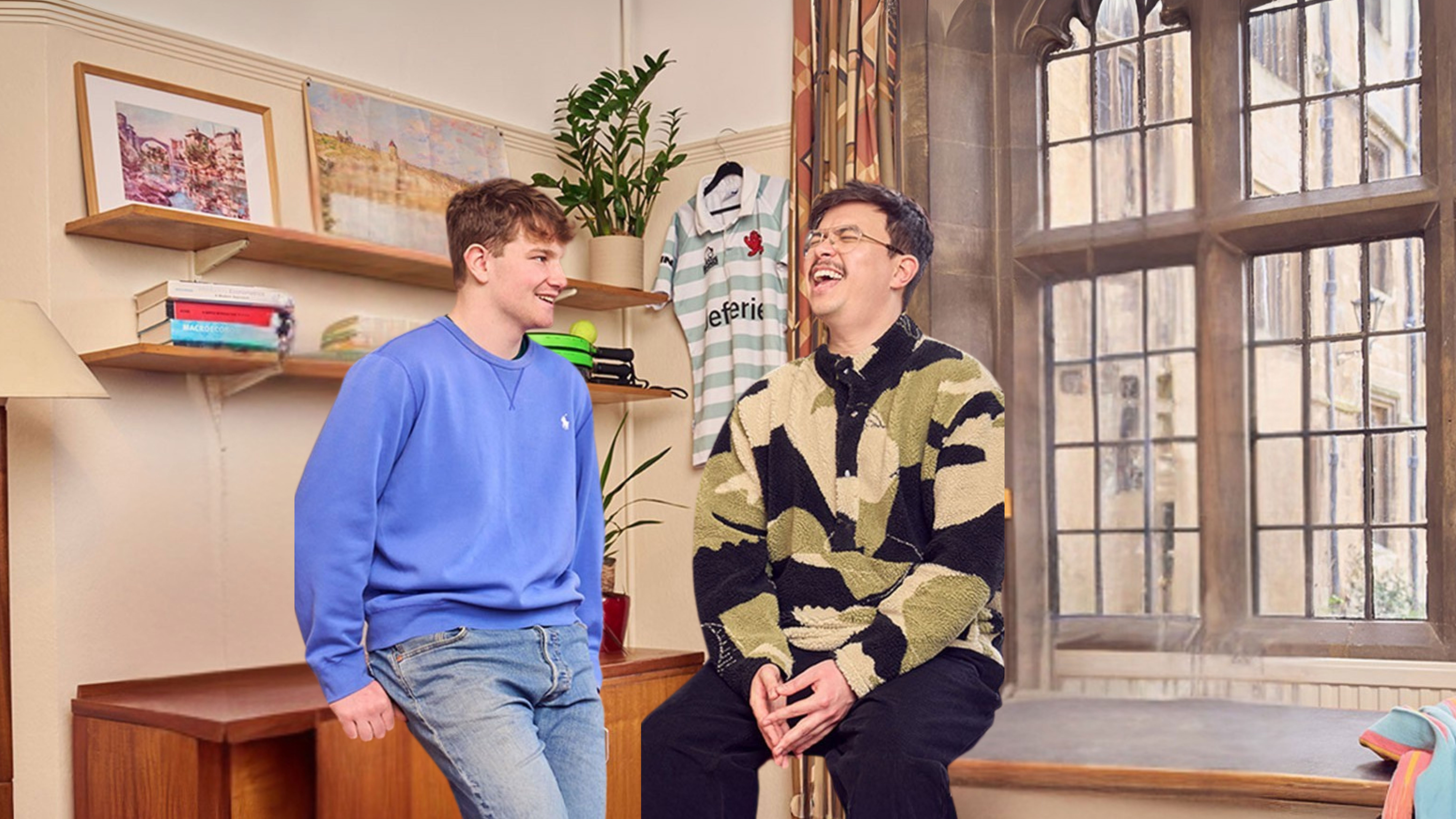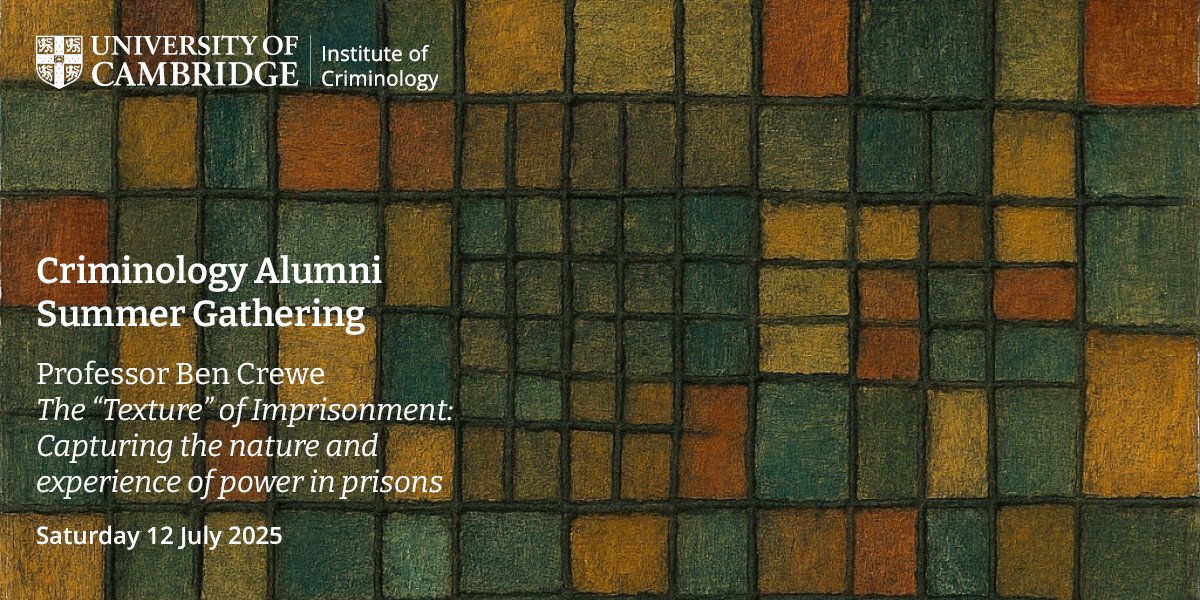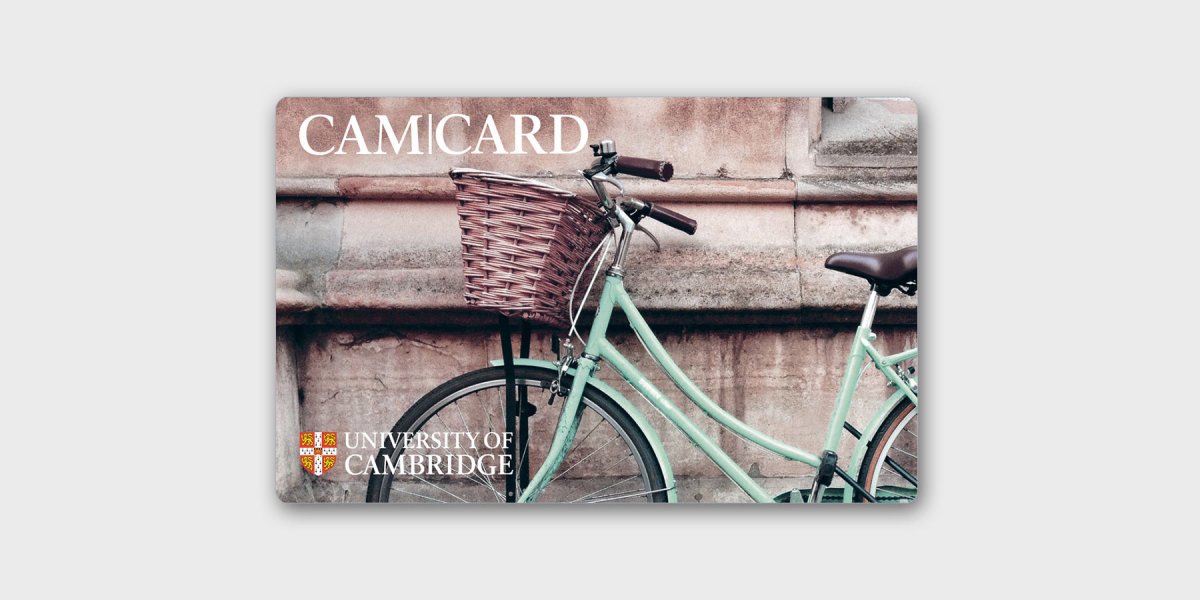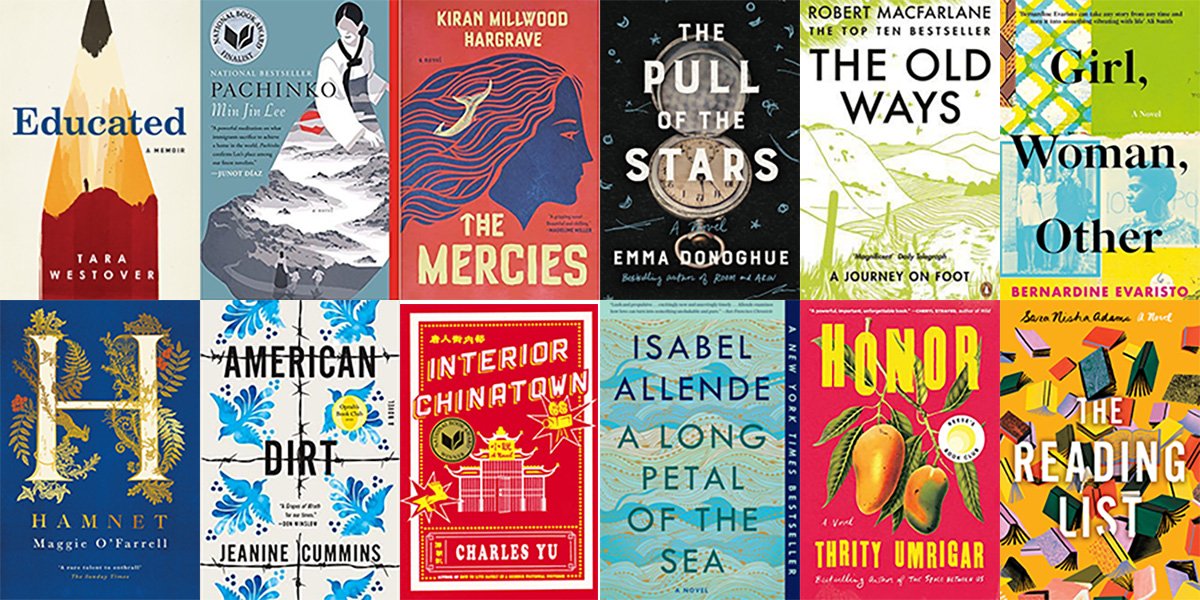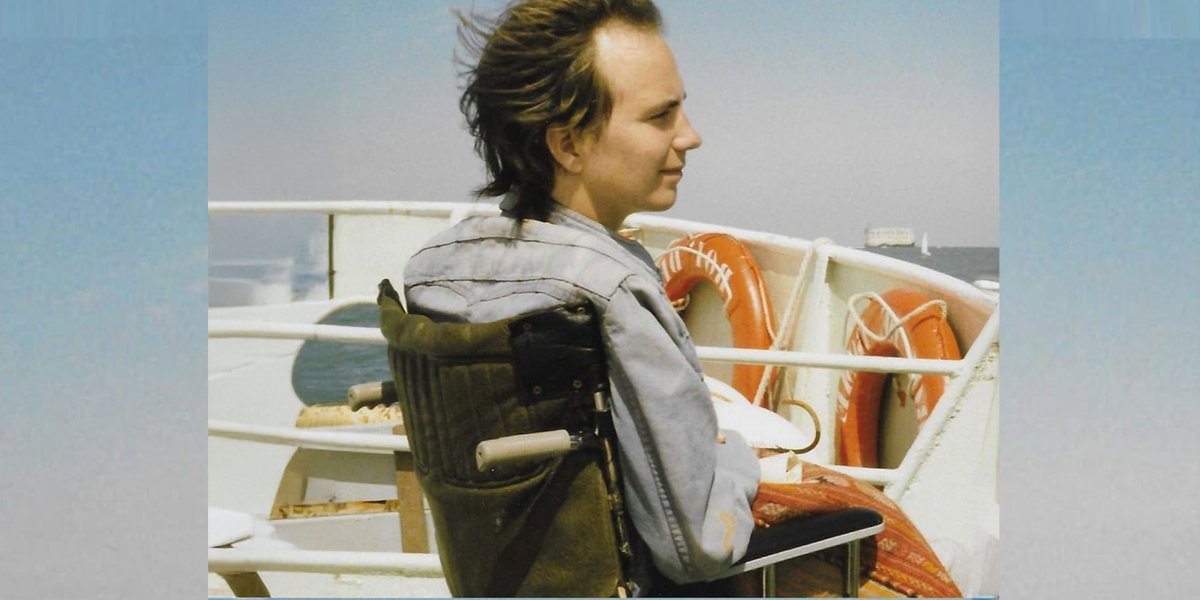
Brooking No Obstacles: The Charlie Bayne Travel Trust’s lasting gift of empowerment
Cambridge alumni Dobrik Georgiev, Mahdeia Hidary, and Martin Duffy reflect on their unique opportunities created by Charlie’s inspiring example.
Read more

Find an alumni group
Our groups are a remarkable network of friendly and engaged alumni sharing a passion and commitment to Cambridge.
Read more
